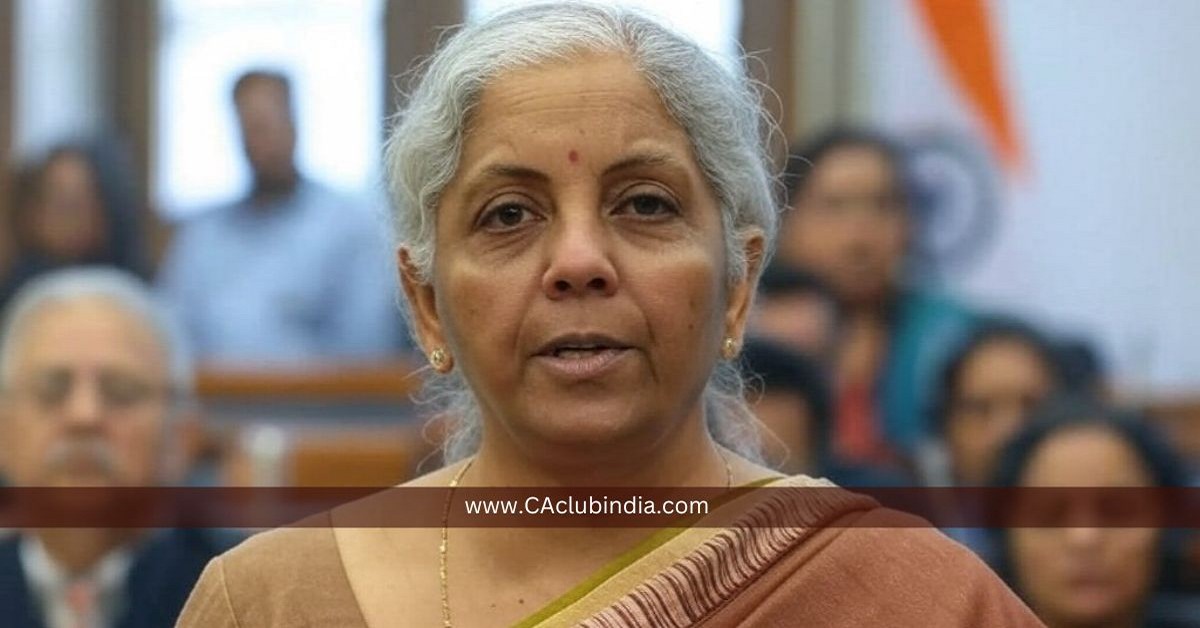In a major step towards tax reforms, Union Finance Minister Nirmala Sitharaman announced that the government has received more than 60,000 inputs from citizens for the upcoming Income Tax Bill, 2025. Speaking at a post-Budget event, she emphasized that the review of the Income-Tax Act, 1961, is deeply rooted in Prime Minister Narendra Modi's principle of 'Jan Bhagidari' (public participation).

Aiming for Simplification and Transparency
The Finance Minister introduced the new Income Tax Bill, 2025, in the Lok Sabha last week, highlighting the government's intent to streamline tax provisions, making them more comprehensible and reducing legal disputes. This move aligns with broader tax reforms aimed at fostering ease of compliance for individuals and businesses.
Emphasis on Capital Expenditure & Fiscal Prudence
Addressing concerns about fiscal priorities, Sitharaman clarified that the government's post-pandemic strategy continues to focus on capital investment. "The perception that there is a shift from expenditure to consumption is incorrect. Capital expenditure has been increased, and at the same time, relief in Personal Income Tax has been provided," she stated.
The Budget for 2025-26 projects an effective capital expenditure of Rs 19.08 lakh crore, constituting 4.3% of GDP, while the fiscal deficit target stands at 4.4%.
Relief for Middle-Class Taxpayers
The Finance Minister also acknowledged Prime Minister Modi's initiative in providing tax relief for individuals earning up to Rs 12 lakh per annum. This move is expected to ease financial burdens and boost disposable income among the middle class.
Ongoing Economic Reforms & Ease of Doing Business
Reaffirming the government's commitment to economic reforms, Sitharaman highlighted steps taken to boost manufacturing, improve Ease of Doing Business, and strengthen social infrastructure. She also noted that new investment opportunities are emerging in sectors like space and nuclear energy.
"We won't stop here. The momentum of reforms will continue, and I expect state governments to also promote Ease of Business," she added.
The new tax bill and the government's continued reforms are set to play a crucial role in shaping India's economic landscape, ensuring fiscal discipline while fostering growth and investment opportunities.




 CAclubindia
CAclubindia
